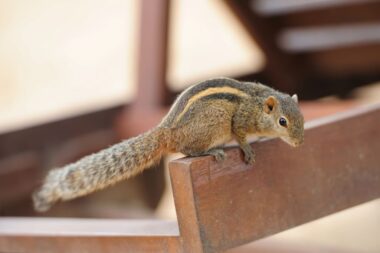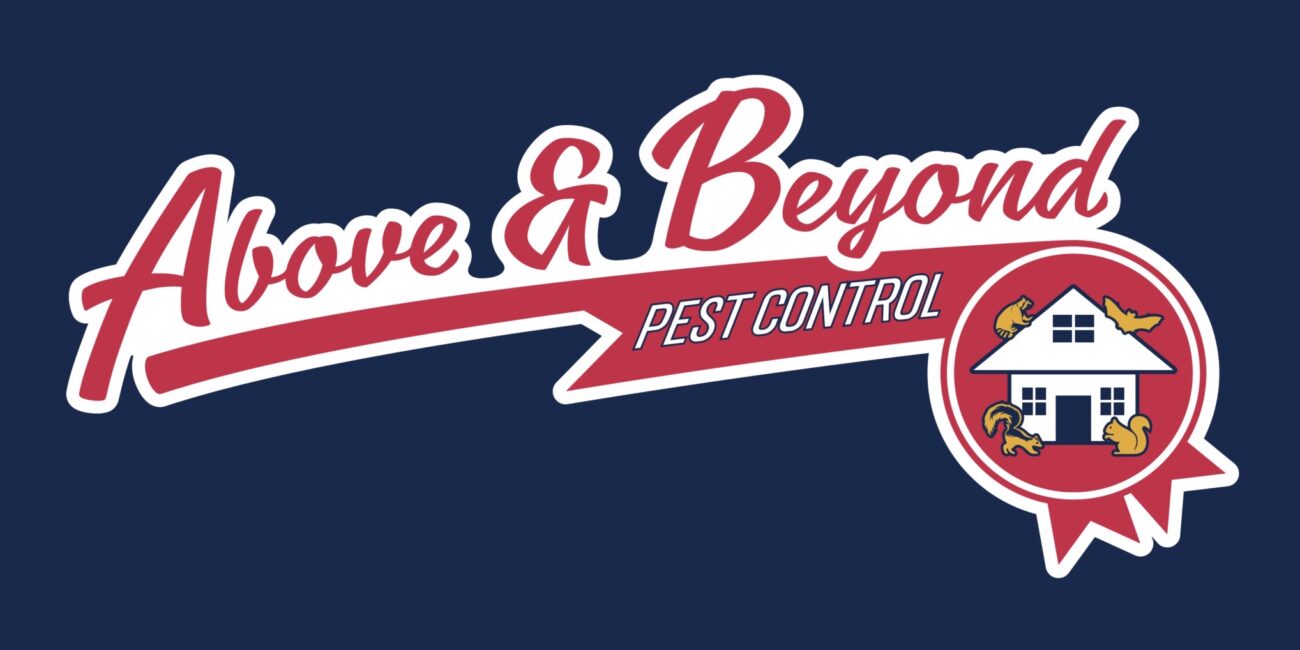raccoon, raccoon expert, roof, rabies, pest control, feces, crawl space, pest, wildlife removal, raccoon control, professional wildlife, raccoon removal, disease, wildlife, nest, bird feeder, attic, insect, pet food, habitat, squirrel, skunk, brain, opossum, chimney, how do raccoons protect themselves, fur, canine distemper, burrow, mammal, species, tail, baylisascaris procyonis, omnivore, rodent, claw, behavior, raccoon removal service, wildlife control, raccoon removal services, noise, hunting, crayfish, soffit, mating, procyon, nut, marsh, leptospirosis, mother, bark, mask, infestation, baylisascaris, territory, north america, reproduction, do raccoons have sharp claws, albinism, paw, whiskers, animal removal, groundhog, finger, basement, thumb, toe, foraging, parasitism, diet, odor
How do raccoons protect themselves from predators?
Raccoons protect themselves from predators through their keen intelligence, agility, and nocturnal habits. They rely on their ability to climb trees, use their dexterous paws to manipulate objects, and seek shelter in dens to evade threats.
How do raccoons utilize camouflage for protection?
Raccoons utilize camouflage for protection by blending into their environment with their fur patterns and colors, which helps them avoid predators. This natural adaptation allows them to remain undetected while foraging or resting in natural habitats.
What behaviors help raccoons evade predators?
Raccoons exhibit several behaviors that help them evade predators. They are nocturnal, allowing them to forage at night when many predators are less active. Their ability to climb, swim, and utilize complex environments also aids in escaping threats.
Do raccoons rely on their senses for safety?
Raccoons rely on their senses for safety. Their acute hearing, keen eyesight, and exceptional sense of touch enable them to detect predators and navigate their environment effectively, ensuring their survival in various habitats.
How do raccoons choose safe habitats?
Raccoons choose safe habitats based on accessibility to food, water, and shelter. They prefer environments that offer cover from predators, such as dense vegetation or structures, allowing them to thrive while minimizing risks to their safety.
What is a raccoons primary defense mechanism?
The primary defense mechanism of raccoons is their adaptability and intelligence. When threatened, they may use their sharp claws and teeth for defense, but they typically prefer to flee or hide rather than confront danger directly.
How do raccoons defend their young from threats?
Raccoons defend their young from threats through various protective behaviors. Mother raccoons will fiercely guard their kits, using vocalizations and aggressive posturing to deter predators, while also choosing safe, hidden nesting sites to reduce the risk of detection.
Do raccoons gather in groups for protection?
Raccoons do gather in groups for protection, particularly when they feel threatened. These social animals often form small family units or groups to enhance their safety and increase foraging success.
How do raccoons react to approaching danger?
Raccoons react to approaching danger primarily by fleeing to safety. If escape isn't possible, they may adopt a defensive posture, making loud noises or displaying aggression to deter threats.
What sounds indicate danger for raccoons?
The sounds that indicate danger for raccoons include loud noises such as barking dogs, shouts, or sudden claps. Additionally, any unfamiliar or threatening sounds can prompt raccoons to feel vulnerable and flee from the area.
How effective are raccoon claws in defense?
The effectiveness of raccoon claws in defense is notable. Their sharp, elongated claws allow them to easily scratch and claw at threats, making them capable of inflicting painful injuries when they feel threatened.
What role does night play in raccoon safety?
The role of night in raccoon safety is significant, as these nocturnal animals are naturally more active after dark, which helps them avoid many predators and human encounters, ultimately lowering their risk of danger while foraging for food.
How do raccoons scare off potential threats?
Raccoons scare off potential threats by using a combination of vocalizations, physical displays, and their agile movements. They may snarl, hiss, or growl to intimidate intruders, making them seem more formidable than they are.
Do raccoons use their agility to escape?
Raccoons utilize their exceptional agility to escape from various situations. Their nimble bodies allow them to scale fences, navigate tight spaces, and swiftly evade potential threats, making them adept at avoiding capture and finding safe shelter.
How do raccoons navigate urban dangers?
Raccoons navigate urban dangers by relying on their keen senses, agility, and adaptability. They utilize their excellent climbing skills and nighttime activity to avoid potential threats from vehicles, humans, and predators, allowing them to thrive in urban environments.
What environmental factors aid raccoon protection?
Environmental factors that aid raccoon protection include abundant food sources, shelter such as dense vegetation or attics, and proximity to water sources. These conditions provide safety and easy access to resources necessary for their survival.
How does a raccoons size affect its safety?
The size of a raccoon affects its safety by determining its ability to defend itself and navigate environments. Larger raccoons may pose a greater threat due to their strength, while smaller ones may be more vulnerable to predators and human intervention.
What are raccoons natural enemies in the wild?
Raccoons' natural enemies in the wild include predators such as coyotes, bobcats, and foxes, as well as larger birds of prey like owls. These animals help control raccoon populations in their natural habitats.
How do raccoons adapt to avoid predation?
Raccoons adapt to avoid predation by utilizing their intelligence and dexterity to navigate urban environments, often foraging at night to evade predators while using their keen senses and agile movements to remain elusive and quickly escape threats.
What physical features enhance raccoon defense strategies?
The physical features that enhance raccoon defense strategies include their dexterous front paws, which allow for effective climbing and manipulation, and their thick fur, providing insulation against harsh conditions while aiding in stealthy movements.
How do raccoons communicate threats to each other?
Raccoons communicate threats to each other primarily through vocalizations such as growls, hisses, and screams, as well as body language that indicates aggression or fear, warning others of potential danger in their environment.
Are raccoons solitary or social regarding defense?
Raccoons are primarily solitary animals, but they may exhibit social behavior in certain situations, such as when defending their territory or young. Their social structure is flexible, adapting to environmental conditions and resource availability.
How do mothers protect their raccoon kits?
Mothers protect their raccoon kits by using their keen instincts to find hidden, safe nesting sites. They remain vigilant, keeping the young ones close, and will fiercely defend them against potential threats from predators or human intrusion.
What injuries can raccoons sustain from predators?
Raccoons can sustain various injuries from predators, including bites, lacerations, and bruises. These injuries can result from aggressive encounters with animals such as coyotes, foxes, and domestic dogs, compromising their health and survival.
How do raccoons use their tails for balance?
Raccoons use their tails for balance while navigating through trees and tight spaces. The tail acts as a counterbalance, helping them maintain stability and agility as they climb and maneuver, ensuring they can reach their food sources safely.
What habitats offer the best protection for raccoons?
The habitats that offer the best protection for raccoons include dense forests, wooded areas, and urban environments with ample hiding spots such as attics, garages, or beneath decks, allowing them to safely forage and nest away from predators.
How do raccoons respond to human threats?
Raccoons typically respond to human threats with a combination of curiosity and wariness. While they may initially freeze or flee, they can also become defensive, exhibiting aggressive behaviors if they feel cornered or threatened.
What do raccoons do when cornered by predators?
When cornered by predators, raccoons typically display defensive behaviors. They may hiss, growl, and show their teeth to deter threats, and if that fails, they can quickly escape by climbing or utilizing their agility to evade capture.
How does food availability impact raccoon safety?
Food availability significantly impacts raccoon safety by influencing their foraging behavior. When natural food sources are scarce, raccoons may venture closer to human residences in search of food, increasing the risk of dangerous encounters and potential harm.
What predators are most commonly feared by raccoons?
The predators most commonly feared by raccoons include coyotes, foxes, and large birds of prey such as owls and hawks. These animals pose significant threats, prompting raccoons to be cautious and evasive in their presence.

